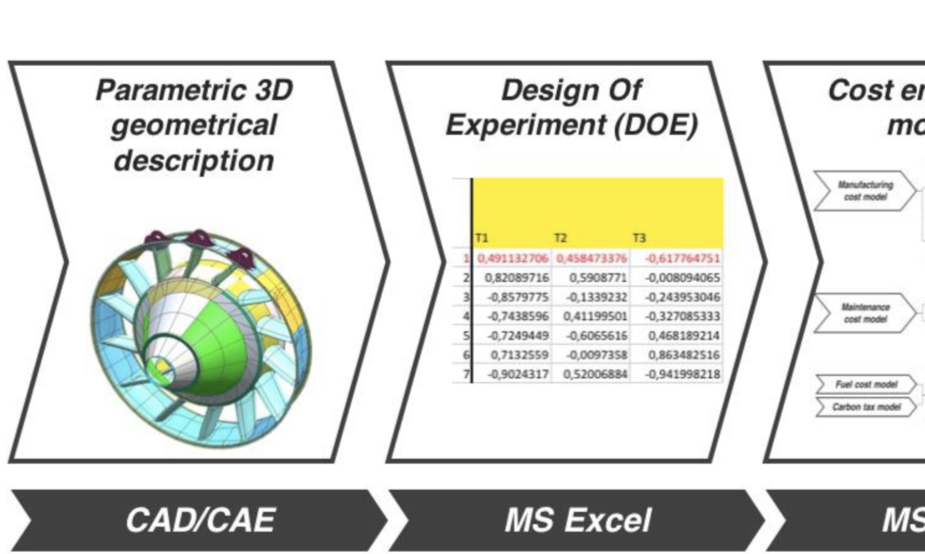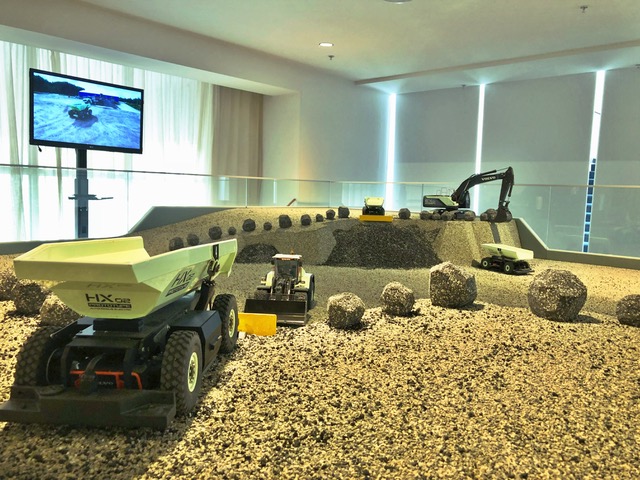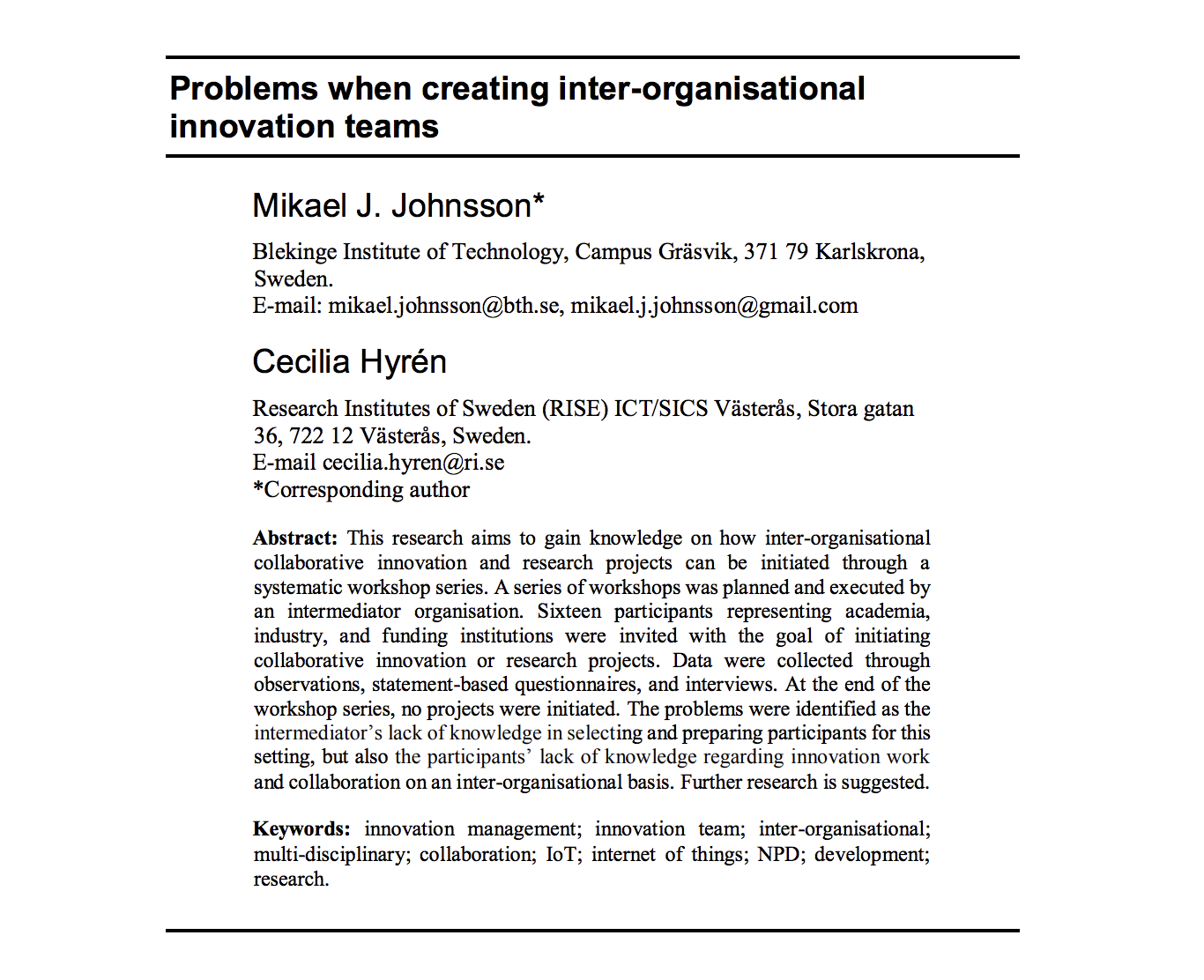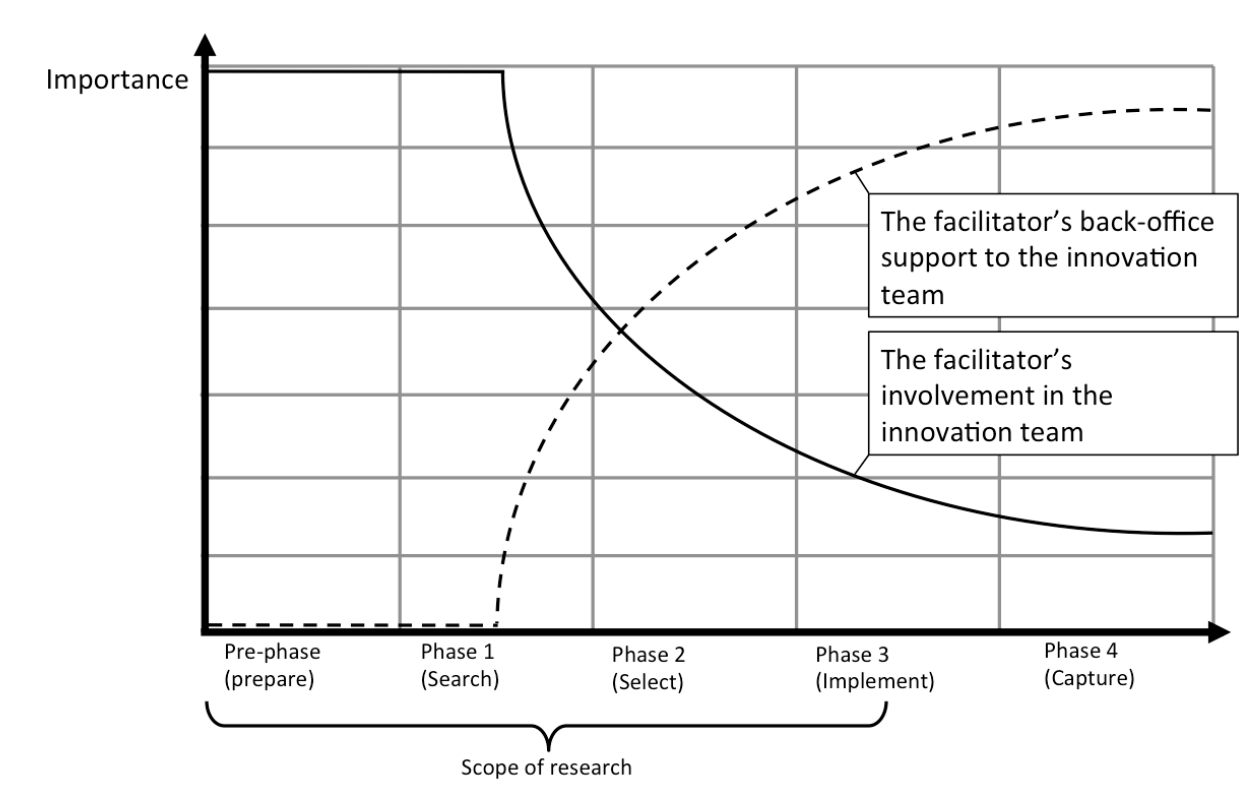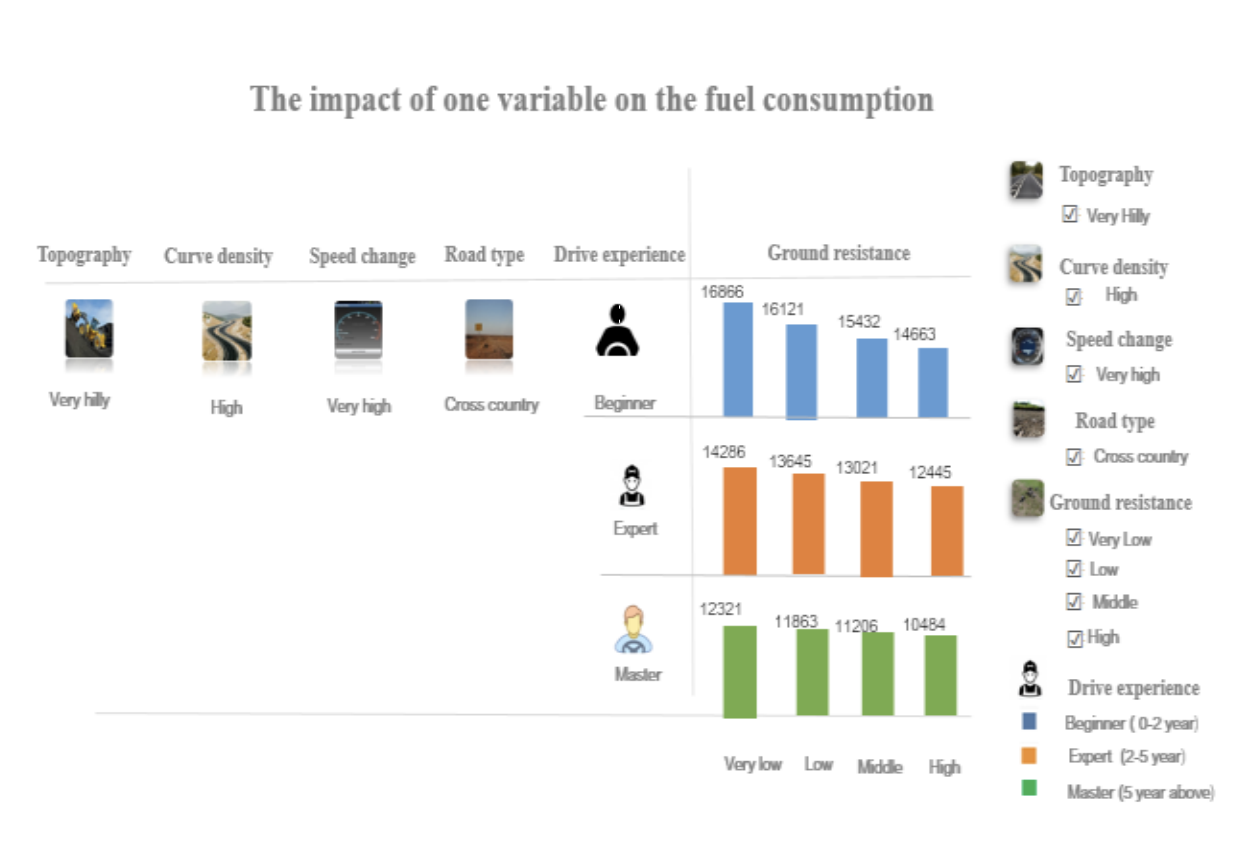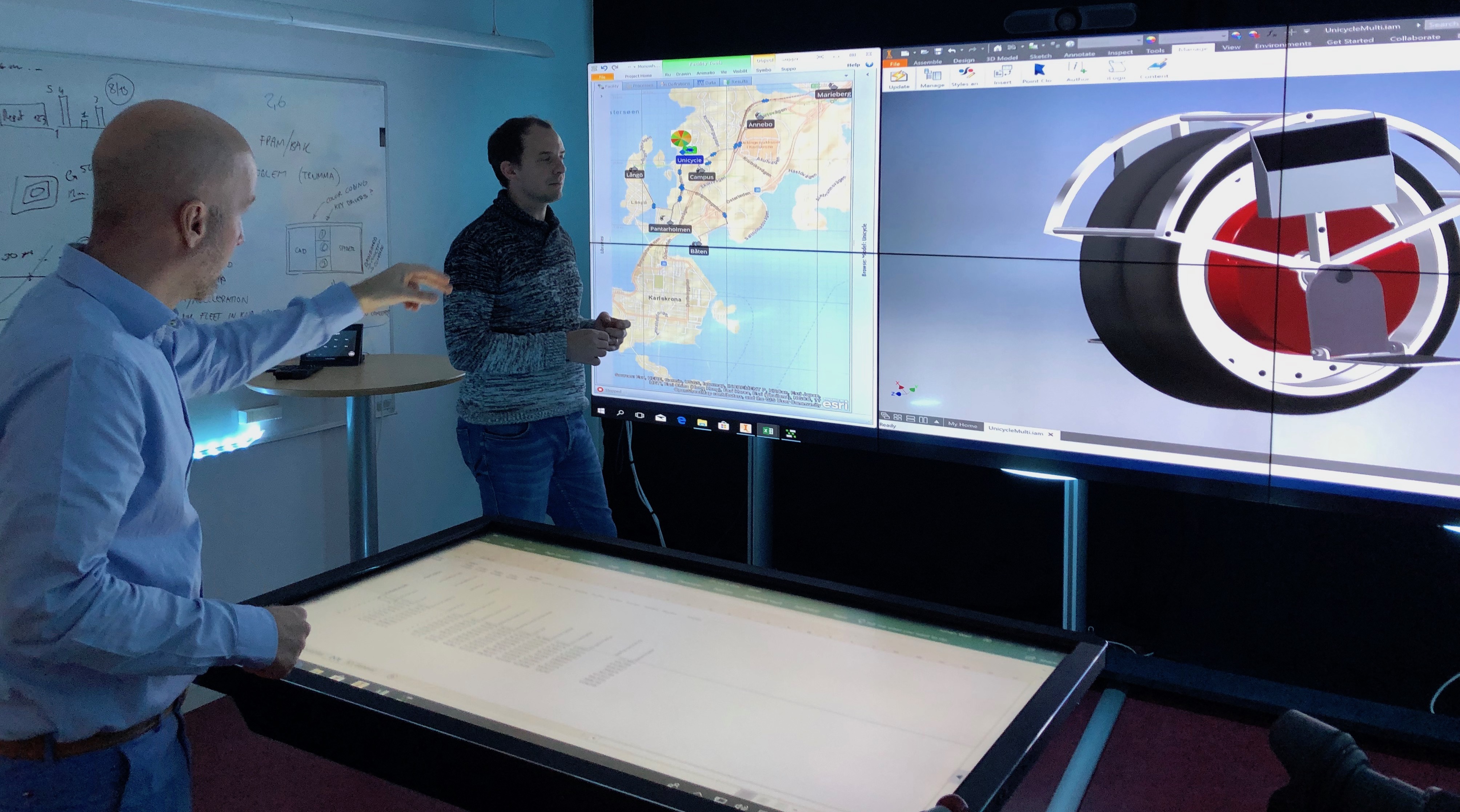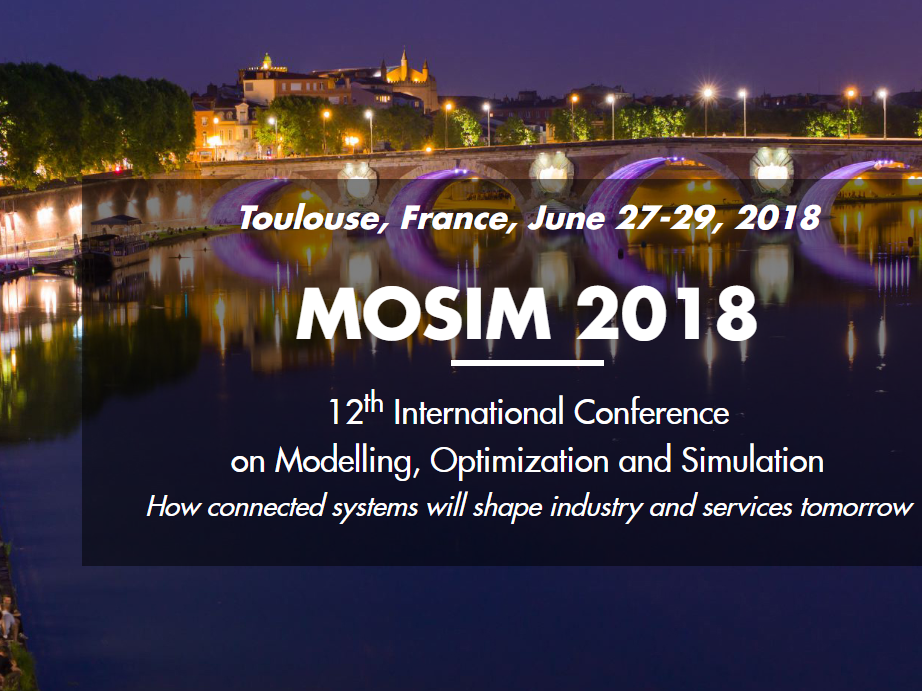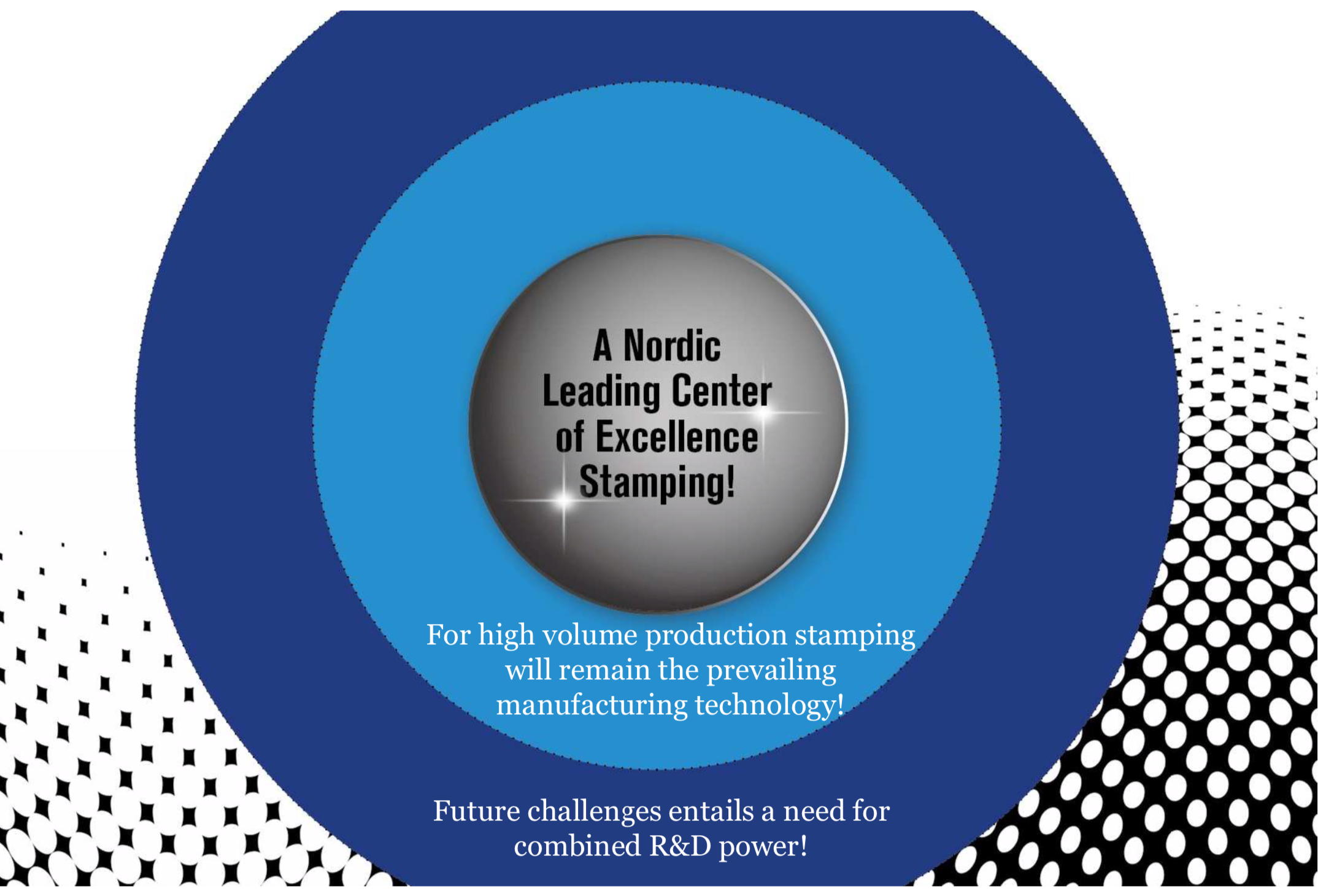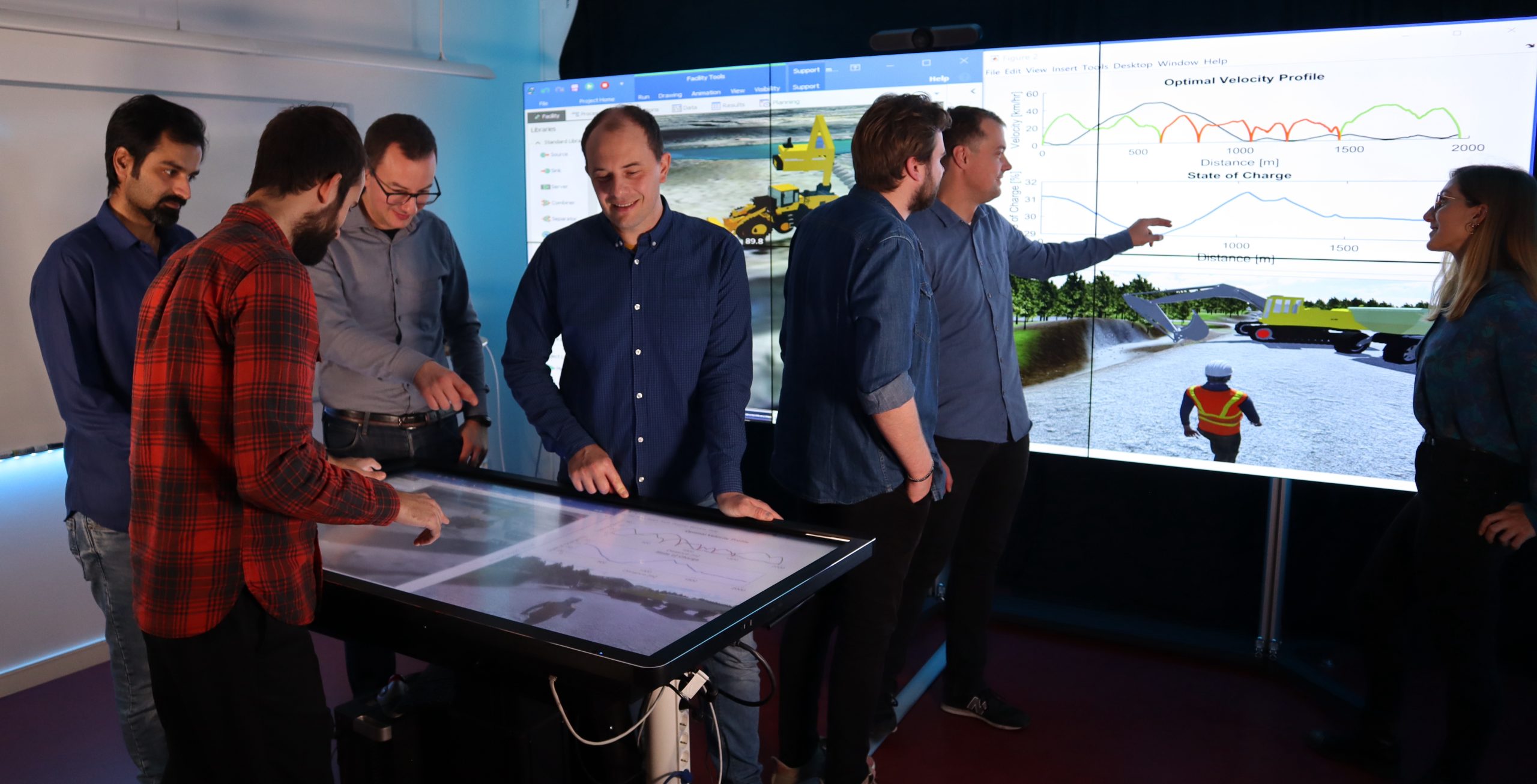ABSTRACT In recent years, the economic circumstances spur many companies inchanging their traditional product-oriented value proposition toward a more customisedand sustainable offer referredas Product-Service Systems(PSS). The main advantages of the new solutions are related to their customisationwhich cangrant an improved customer experience. However, while pursuing greater differentiation from competitors and ‘locking-in’ customers and ‘locking-out’ competitors, […]
Read More

